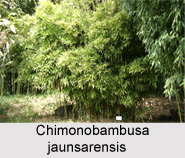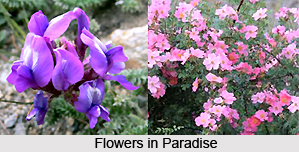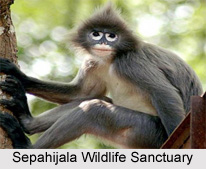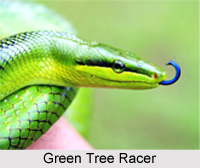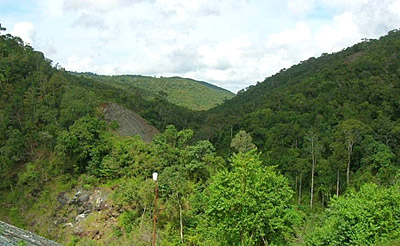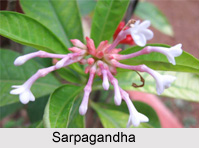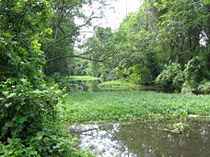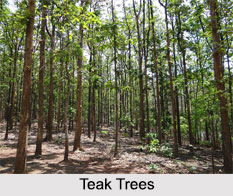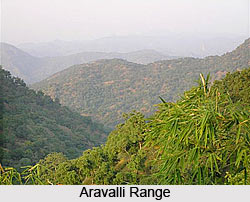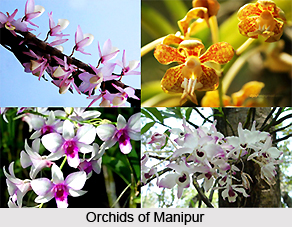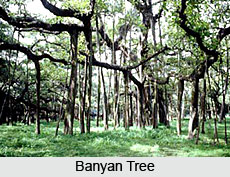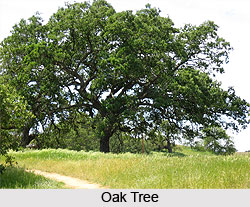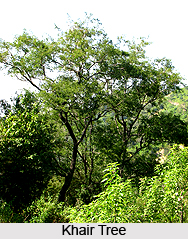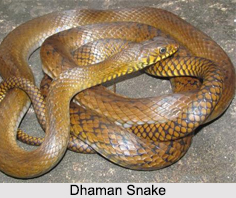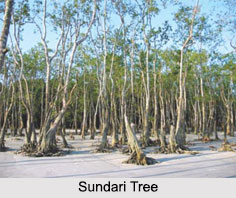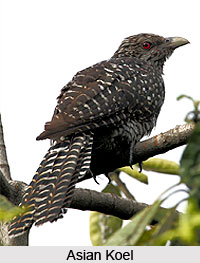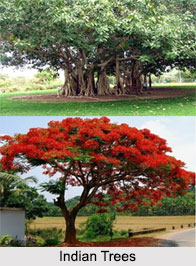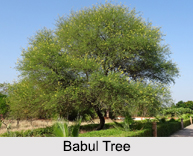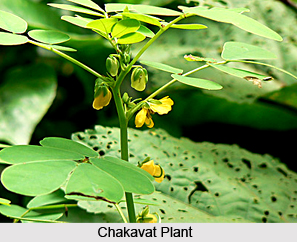 Chakavat is an annual herb found almost in all the regions of India. The scientific name of Chakavat is Cassia tora. The variety of languages in India has assigned different names to this indigenous under shrub. In English it is known as fetid cassia. The Bengali name of the plant is chakunda and in Kannada and Tamil it is respectively known as chogache and senavu. The various other names are chakunda in Oriya, chakra-mandarakam in Malayalam and chinnakasinda in Telegu. It can be said that the plant is a pan tropical weed found in the various roadsides, grazing lands and wet lands. Apart from the common places the weed is also found in the Himalayan region at an elevation of 1500 m.
Chakavat is an annual herb found almost in all the regions of India. The scientific name of Chakavat is Cassia tora. The variety of languages in India has assigned different names to this indigenous under shrub. In English it is known as fetid cassia. The Bengali name of the plant is chakunda and in Kannada and Tamil it is respectively known as chogache and senavu. The various other names are chakunda in Oriya, chakra-mandarakam in Malayalam and chinnakasinda in Telegu. It can be said that the plant is a pan tropical weed found in the various roadsides, grazing lands and wet lands. Apart from the common places the weed is also found in the Himalayan region at an elevation of 1500 m.
The Fetid Cassia or the Chakavat is a flowering plant bearing fruits almost throughout the year but during the period of July and December maximum number of flowers and fruits are found in the plant. The flowering season of the plant depends on the locality on which it grows. The flowers of this plant have five petals and are yellow in colour. The fruits are commonly known as pods are angular and stout in shape and have around 25 to 30 seeds. Glabrous branches are an integral part of the plant Chakavat.
The mature leaves of the plant possess a purgative property which is used for an antiperiodic and anthelmintic purpose. The leaves of this plant are very useful in curing ringworm and other skin diseases. A paste of the leaves is applied externally on measles by the tribes of the Prakasam district in southern Andhra Pradesh. The pounded leaves of Chakavat promote healing on cuts and wounds when applied as a poultice on them. In Ayurveda it is used to treat gout, joint pains and scintia. Problems like cough and impetigo are also taken care of by the leaves of Chakavat. Combined with egg white the leaves are also applied on plasters to heal bone fractures. The seeds of Chakavat are also of immense utility. They are used to treat eye diseases, liver ailments and earache. Ayurveda recommends that the seeds are very effective in treating arthritis and hemicrania. The Kondhs in Orissa combine the seeds with turmeric roots and use it to treat gonorrhea. Sometimes the filtrate of the boiled seeds of Chakavat are used as a blood purifier and is applied on skin inflammation in order to provide relieve. The rural inhabitants of Bhavnagar, Gujarat use a paste of the seed and apply it externally on ringworms. The roots of the Chakavat plant possess tonic, purgative and anthelmintic properties. A paste of either the roots or the seeds combined with lime juice is used as a healing for ringworms and other skin infections. The young leaves, stems and unripe pods on the other hand are eaten as vegetables or soups. Sometimes the powdered and roasted seeds of the plant are used as a substitute for coffee.
Chakavat has immense medicinal properties and is used by various people for curing innumerable diseases. Till today people rely on this indigenous plant for curing even complex physical ailments.
